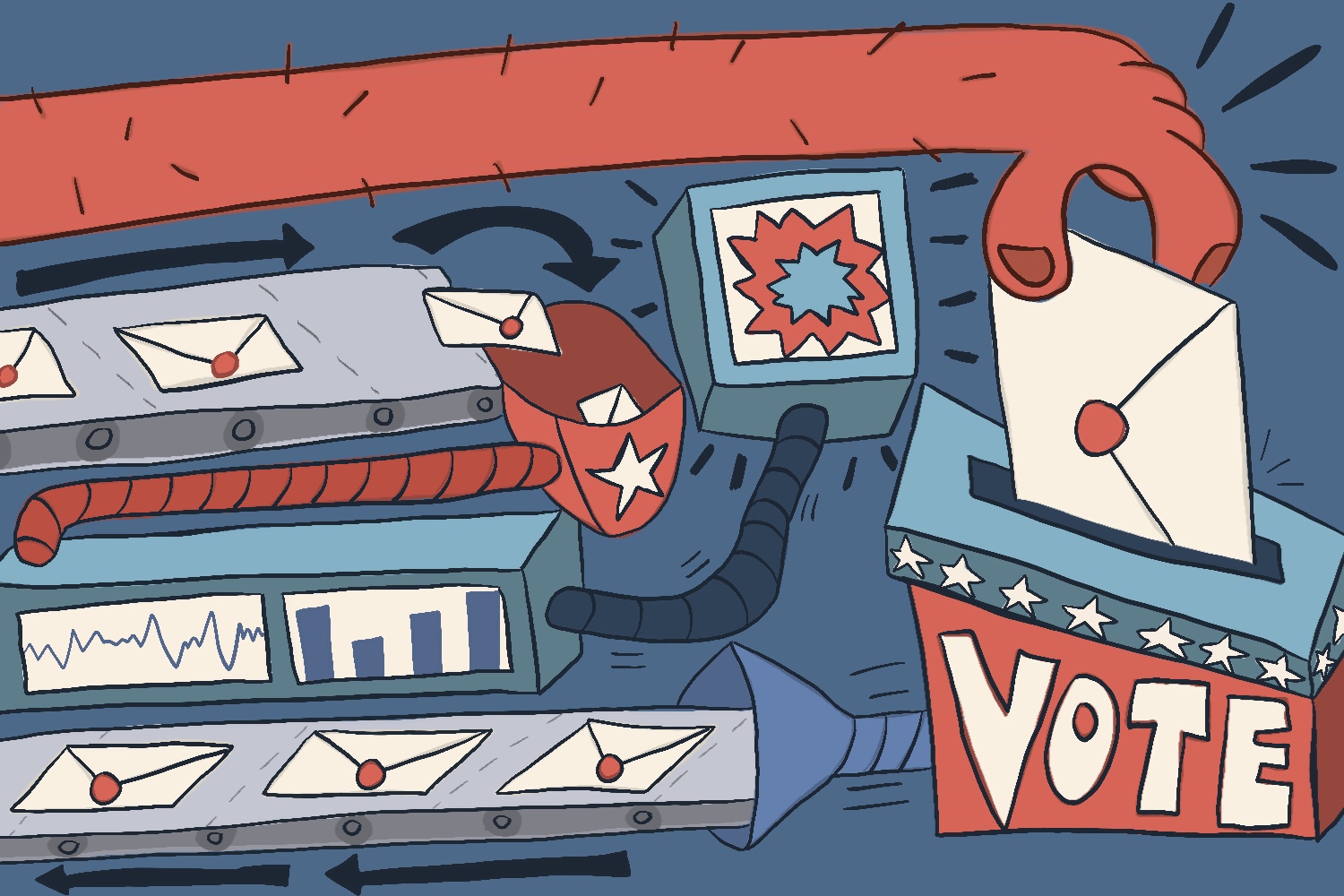On October 21, 2004 the Boston Red Sox defeated the New York Yankees in the play-offs for a trip to the World Series, an event which compelled many UVM students to express their enthusiasm for the Red Sox victory by participating in acts of vandalism on Redstone Campus.
The mass of vandals grew in number until a full-scale riot rocked the green, during which participants set campus property ablaze, knocked over light posts and toppled a van.
The damage was estimated at $30,000 and sent a ripple of outrage through UVM administration and the campus police department. Since the incident thirteen UVM students have been charged in the riot case.
On the night of the riot, WCAX-TV was present on campus and was able to record images of the vandals as they demolished campus property without respect for the law. The video tape was used in a broadcast that spotlighted the riot, but only a fraction of the total coverage was used, leaving about forty minutes of the recorded riot unaired.
The Burlington Police demanded to receive the unaired tape to use as evidence in the conviction and identification of suspects, a proposition which WCAX refused to comply with on grounds of an infringement on the freedom of the press, protected by the first amendment of the United States Constitution.
The case was brought to the Burlington District court were Judge Levitt ruled in favor of the Burlington Free Press by not requiring them to forfeit the tape to the Police. Bob Simpson, the presiding Chittenden County States Attorney, appealed the case to the Vermont Supreme Court who, on August 30, overturned Judge Levitt’s verdict and granted the police a right to the evidence. They also stated that the Free Press must disclose evidence as any citizen should in a criminal case.
Associate Justice Denise Johnson wrote the opinion for the court and sited precedent in the highly controversial case of the New York Times reporter Judith Miller, who is now in prison for refusing to disclose confidential sources to a grand jury investigating whether federal government officials committed a crime when they disclosed the identity of a CIA operative.
Journalist Mike Donahue of Vermont said that he was dismayed at the ruling of the Supreme Court because he felt that the public would begin to view the press as “an arm of the justice department” and that this interpretation would effect future workers and stories. Robert Simpson countered with the argument that, “the tapes were the best evidence that you could have,” and that, “the media was no different than any other citizen and had a responsibility to give evidence in a criminal case.” When asked by the Cynic what, if any, effects upon the prudence used by journalists in choosing stories and interviews would result from the new Vermont precedent, Mr. Donahue stated that some news organizations already “recycled” film, meaning they rerecorded over the film after the segments needed in a particular story had been used. He said that such practices could increase and become more prevalent, “we don’t want people to not interact with the media if they think that it will lead to them getting in trouble with the law”.
There may be a new revelation upon this issue of the freedom of the press as the Vermont House of Representatives proposes a bill that would grant “limited protection to the media” said representative Steven Green. It also appears that the UVM Police Department is in agreement with the Free Press, for the chief stated, in a radio interview on 107.9 fm last Wednesday, that he “believes in a free press” and that the police have respect for the Burlington Free Press for their help: providing still photos of some of the vandals, that were sent to all UVM students through e-mail.
Although the UVM police department holds respect for the press, it seems that it is only for their assistance in detection of perpetrators. One may question whether the police department would still respect the press had they flat out refused to provide the police with evidence.
















